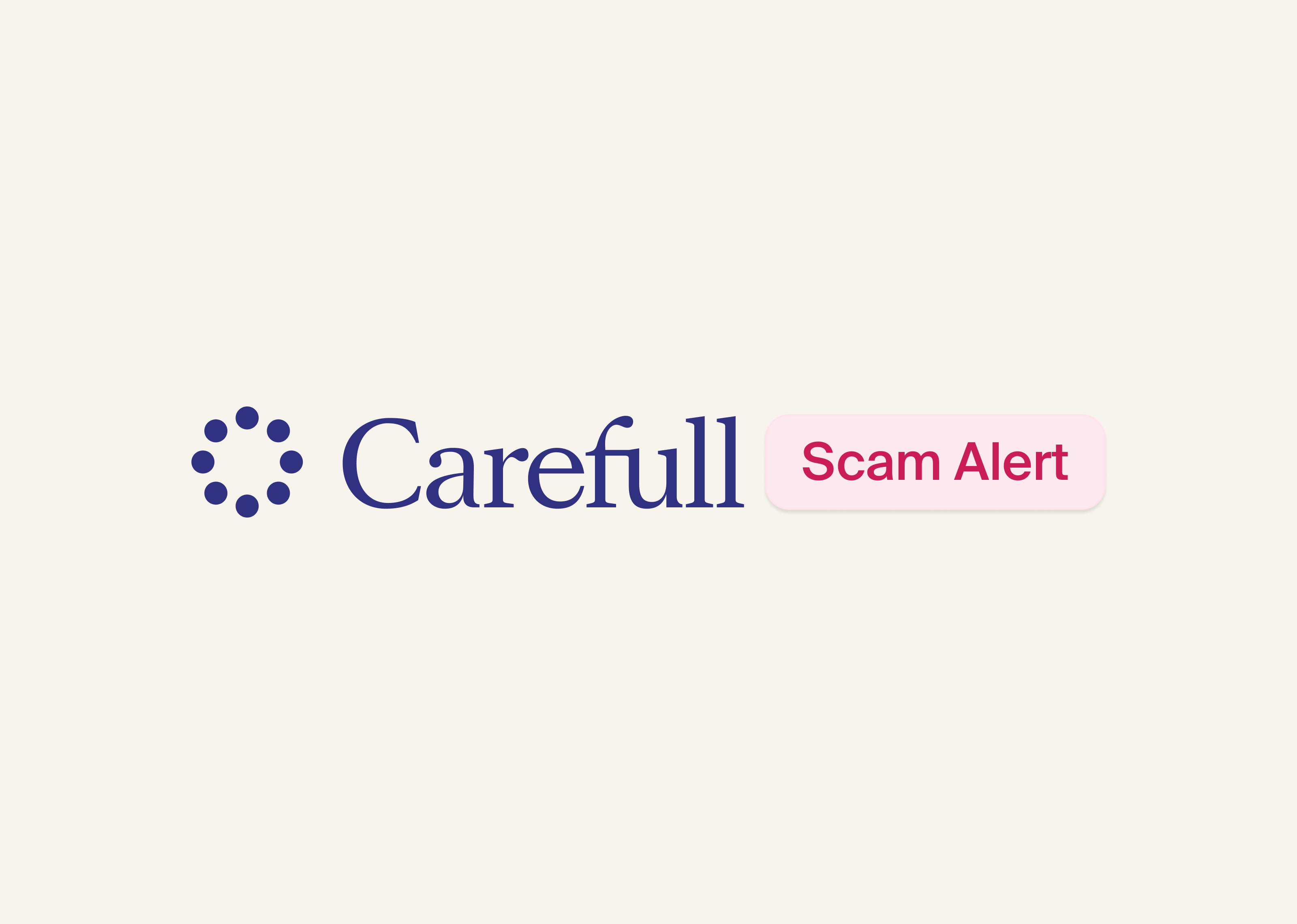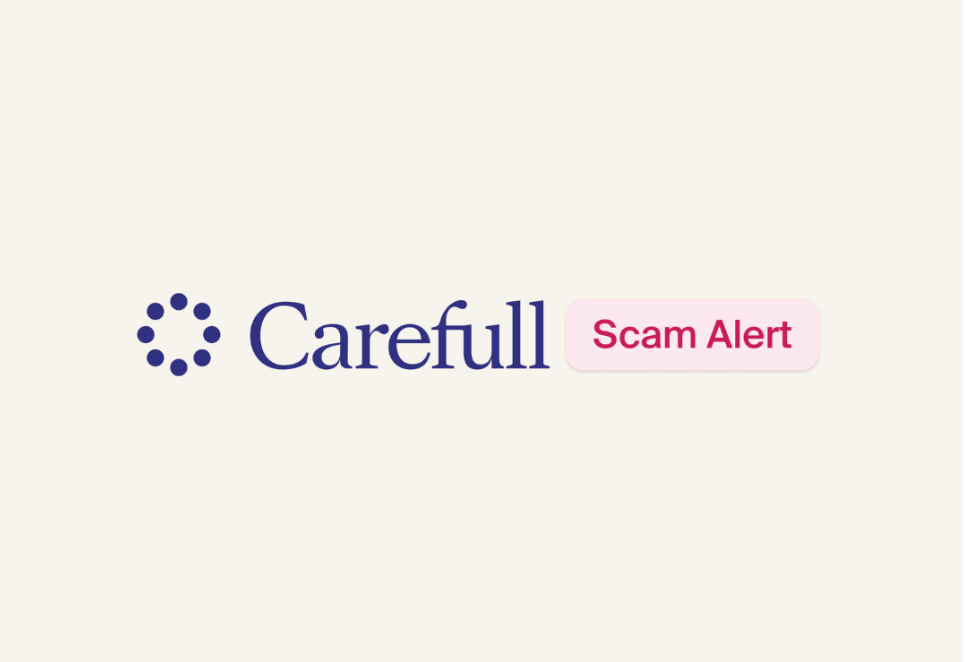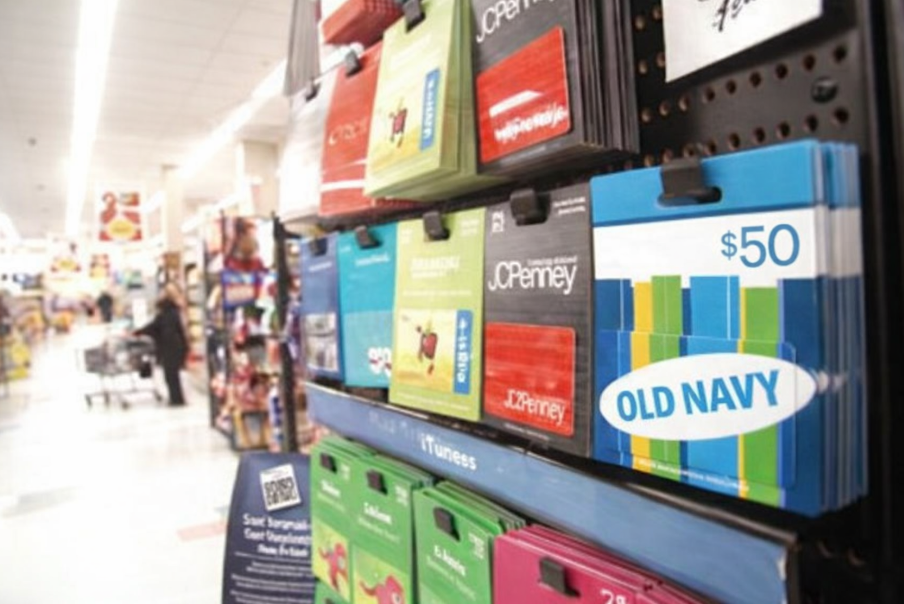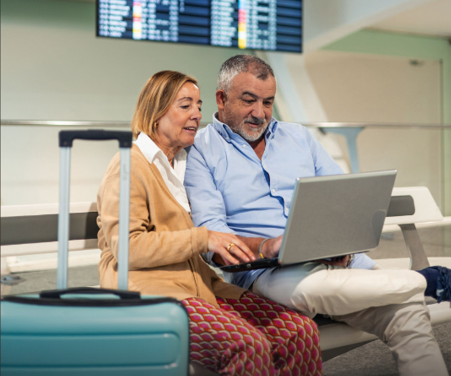Scammers Posing as U.S. Border Patrol Agents

U.S. Customs and Border Protection is warning people to watch out for calls from scammers posing as U.S. Border Patrol agents and seeking information about suspected illegal activity.
“If CBP suspects illegal activity, we will not call a suspect or a victim requesting money or Social Security numbers,” said CBP Houston Acting Director of Field Operations Rod Hudson in a news release. “To be clear, CBP will not make telephone calls threatening citizens that law enforcement is on the way or promising money for information.”
To protect yourself, here’s what you need to know about scammers posing as CBP employees.
[ See: How to Spot Government Imposter Scams ]
How the Border Patrol agent scam works
There are a couple versions of this scam circulating. In one, a caller claims to be a U.S. Border Patrol agent or U.S. Customs and Border Protection officer. The scammer says that the CBP has intercepted a shipment of drugs with your name and address on it and asks to confirm your personal information or pay a fee. If you refuse to cooperate, the scammer will claim that law enforcement is on the way, according to reports CBP has received.
The calls seem legitimate because scammers are providing actual CBP employees’ names. Some are providing fake badge numbers and case numbers.
In another version, scammers are using a pre-recorded message stating that there is a “shipment of drugs or money with your name on it and has been intercepted,” according to CBP. The message then tells you to press #1 to speak with a CBP officer. The person posing as an officer will then ask you to confirm your banking information.
How to spot and avoid these scams
The aim of these calls is to get you to make a payment or share personal information, which scammers can use to steal your identity. To protect yourself, the CBP offers these tips to help you spot and avoid these scams.
- Be aware that Customs and Border Protection won’t call out of the blue asking for money or your personal information if it suspects illegal activity. Never provide a payment or personal information in response to an unsolicited call.
- Be aware that CBP won’t threaten you and tell you that law enforcement is on the way.
- CBP won’t ask you to pay with a gift card, wire transfer or cryptocurrency. If someone is asking for an unusual form of payment, it’s a scam. In fact, CBP and the Department of Homeland Security don’t solicit payments over the phone.
- Don’t trust caller ID. Scammers can use technology to make it appear like their calling from a number associated with CBP. If you’re worried that a government agency is trying to contact you, look up its phone number on its website and call it directly.
If you receive a suspicious call, your best bet is to hang up. If you do interact and share your information with someone who might be a scammer, report the scam to the Federal Trade Commission and local law enforcement. See What to Do if You’ve Been Scammed to learn more.

3 Steps to Safer Money,
Try it Free for 30 Days
Step 1
Start your free,
no-risk trial
Step 2
Connect the accounts and cards you want protected
Step 3
Stay alerted to any
unusual activity



.png)



